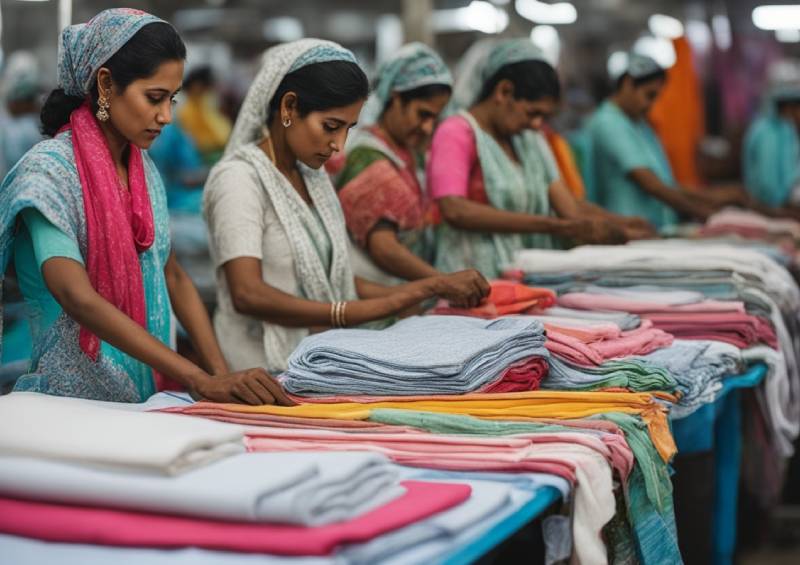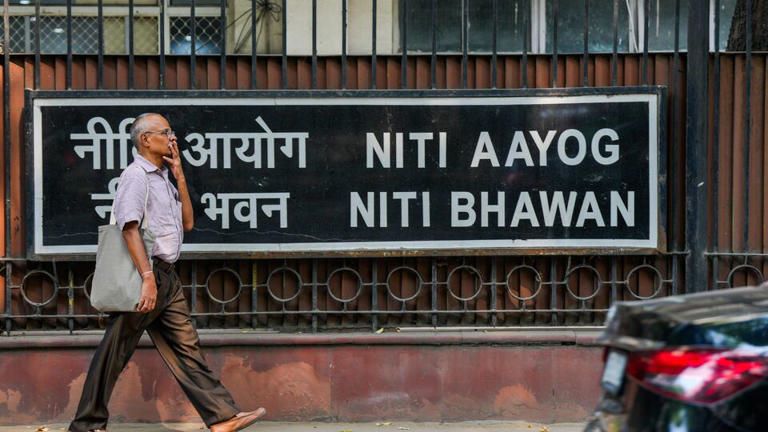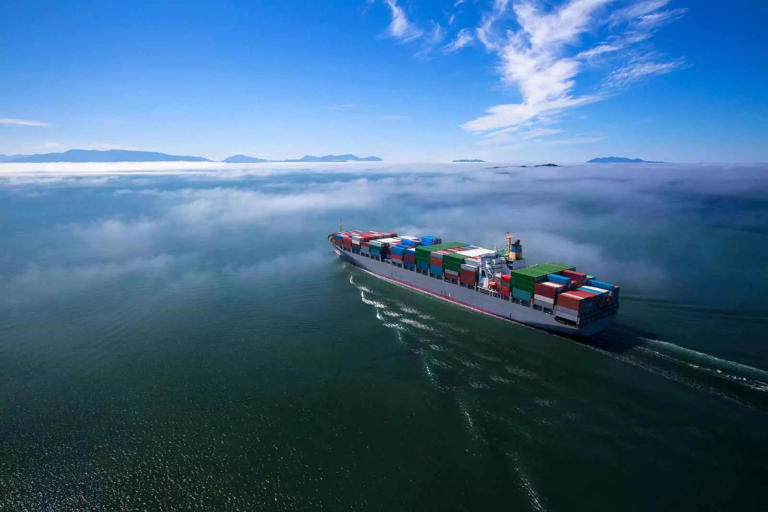
A new White Paper on the state of the Bangladesh economy has shed light on the challenges and opportunities facing the nation's crucial readymade garment (RMG) sector. While the RMG industry has been a cornerstone of Bangladesh's economic growth, the report emphasizes the need for diversification and enhanced resilience to maintain its competitive edge in the global market.
The RMG sector currently accounts for over 80 per cent of Bangladesh's total exports. It employs approximately 4 million people, mostly women. What’s more, Bangladesh is the second-largest exporter of readymade garments in the world, after China.
The White Paper, presented to Chief Adviser Muhammad Yunus, identifies several key challenges hindering the RMG sector's growth and competitiveness:
|
Challenge |
Description |
|
Inadequate infrastructure |
Poor transportation, inadequate port facilities, and power shortages lead to increased logistics costs and delays. |
|
High logistics costs |
Limited shipping options and expensive transportation reduce competitiveness in the global market. |
|
Limited access to finance |
Entrepreneurs face difficulties securing loans, high interest rates, and limited access to financial instruments. |
|
Bureaucratic red tape |
Lengthy administrative processes, excessive paperwork, and delays in obtaining necessary permits hinder business operations. |
|
Exchange rate instability |
Fluctuations in exchange rates impact export earnings and make it difficult to plan and price products competitively. |
|
Stringent regulatory compliance |
Compliance with international standards and regulations can be challenging and costly for businesses. |
|
Insufficient support for SMEs in marketing and branding |
Small and medium enterprises struggle with limited resources and insufficient government support in marketing and branding their products. |
To address these challenges and enhance the RMG sector's resilience, the White Paper proposes a range of policy interventions:
Diversification: Promoting diversification into non-cotton and man-made fibre (MMF) textiles to reduce reliance on cotton-based products.
Financial incentives: Providing financial incentives for compliance with international standards to encourage ethical and sustainable practices.
Technology upgrades: Investing in technology upgrades to improve productivity and efficiency.
Green finance fund: Establishing a green finance fund to support sustainable practices in the RMG sector.
Labor standards: Enforcing labor standards and collaborating with global organizations to ensure ethical practices and improve buyer confidence.
One of the key challenges highlighted in the White Paper is the difficulty faced by RMG factories in adopting sustainable practices. Many factories struggle to meet the environmental and social compliance standards demanded by international buyers.
For instance, Karim, a small factory owner in Dhaka shared his experience. "We want to improve our environmental footprint," he explained, "but the cost of upgrading our dyeing and washing facilities to meet international standards is prohibitive. We need access to affordable financing and technical support to make these changes."
The White Paper's recommendation for a green finance fund could provide crucial support to businesses like Karim's, enabling them to invest in sustainable technologies and practices.
The findings underscore the need for a comprehensive and coordinated approach to strengthen the RMG sector's resilience. By addressing the challenges and implementing the recommendations outlined in the report, Bangladesh can ensure the continued growth and competitiveness of this vital industry. The government, industry stakeholders, and international partners must work together to create a sustainable and ethical RMG sector that benefits both the economy and the people of Bangladesh.












